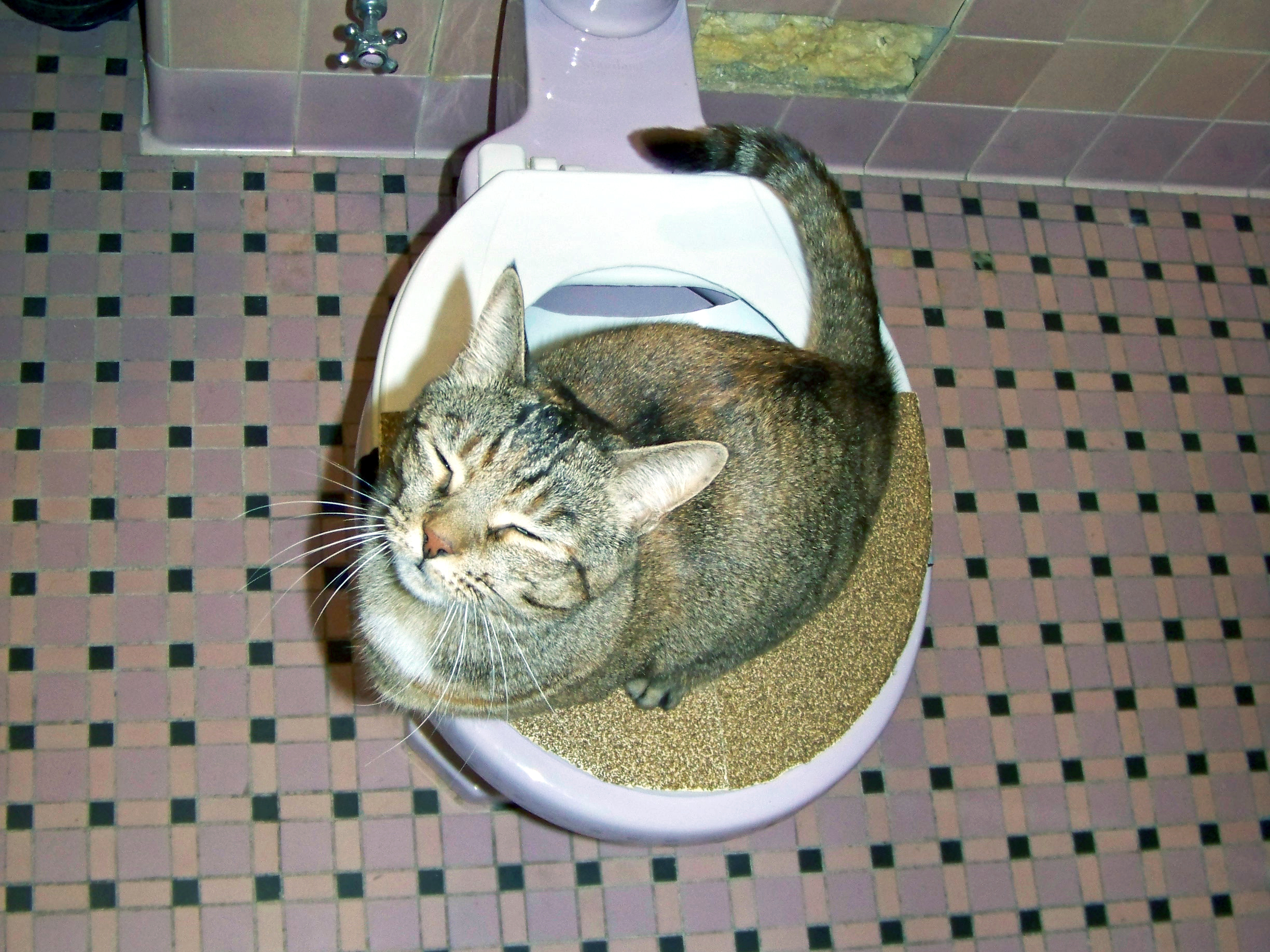The publisher is making a few good annotation about Don’t flush cat feces down the toilet in general in the article underneath.

Intro
As feline proprietors, it's essential to bear in mind exactly how we deal with our feline good friends' waste. While it may seem practical to purge feline poop down the bathroom, this technique can have destructive repercussions for both the atmosphere and human health and wellness.
Ecological Impact
Flushing pet cat poop presents dangerous microorganisms and bloodsuckers into the water supply, posing a substantial danger to aquatic communities. These impurities can negatively impact aquatic life and compromise water high quality.
Health and wellness Risks
Along with environmental worries, purging pet cat waste can additionally pose health and wellness threats to people. Feline feces might have Toxoplasma gondii, a bloodsucker that can create toxoplasmosis-- a possibly severe illness, especially for expectant females and people with damaged body immune systems.
Alternatives to Flushing
Thankfully, there are more secure and extra liable methods to dispose of pet cat poop. Think about the following alternatives:
1. Scoop and Dispose in Trash
The most typical approach of dealing with feline poop is to scoop it right into a biodegradable bag and throw it in the garbage. Make certain to utilize a devoted trash scoop and take care of the waste without delay.
2. Usage Biodegradable Litter
Select naturally degradable feline clutter made from products such as corn or wheat. These clutters are eco-friendly and can be securely dealt with in the trash.
3. Bury in the Yard
If you have a backyard, think about hiding feline waste in a designated location away from veggie gardens and water resources. Make sure to dig deep enough to prevent contamination of groundwater.
4. Set Up a Pet Waste Disposal System
Invest in a pet dog waste disposal system especially designed for pet cat waste. These systems utilize enzymes to break down the waste, decreasing smell and ecological impact.
Final thought
Liable pet dog possession extends beyond providing food and sanctuary-- it likewise entails appropriate waste administration. By avoiding purging cat poop down the toilet and choosing alternative disposal techniques, we can decrease our environmental footprint and shield human health.
Why Can’t I Flush Cat Poop?
It Spreads a Parasite
Cats are frequently infected with a parasite called toxoplasma gondii. The parasite causes an infection called toxoplasmosis. It is usually harmless to cats. The parasite only uses cat poop as a host for its eggs. Otherwise, the cat’s immune system usually keeps the infection at low enough levels to maintain its own health. But it does not stop the develop of eggs. These eggs are tiny and surprisingly tough. They may survive for a year before they begin to grow. But that’s the problem.
Our wastewater system is not designed to deal with toxoplasmosis eggs. Instead, most eggs will flush from your toilet into sewers and wastewater management plants. After the sewage is treated for many other harmful things in it, it is typically released into local rivers, lakes, or oceans. Here, the toxoplasmosis eggs can find new hosts, including starfish, crabs, otters, and many other wildlife. For many, this is a significant risk to their health. Toxoplasmosis can also end up infecting water sources that are important for agriculture, which means our deer, pigs, and sheep can get infected too.
Is There Risk to Humans?
There can be a risk to human life from flushing cat poop down the toilet. If you do so, the parasites from your cat’s poop can end up in shellfish, game animals, or livestock. If this meat is then served raw or undercooked, the people who eat it can get sick.
In fact, according to the CDC, 40 million people in the United States are infected with toxoplasma gondii. They get it from exposure to infected seafood, or from some kind of cat poop contamination, like drinking from a stream that is contaminated or touching anything that has come into contact with cat poop. That includes just cleaning a cat litter box.
Most people who get infected with these parasites will not develop any symptoms. However, for pregnant women or for those with compromised immune systems, the parasite can cause severe health problems.
How to Handle Cat Poop
The best way to handle cat poop is actually to clean the box more often. The eggs that the parasite sheds will not become active until one to five days after the cat poops. That means that if you clean daily, you’re much less likely to come into direct contact with infectious eggs.
That said, always dispose of cat poop in the garbage and not down the toilet. Wash your hands before and after you clean the litter box, and bring the bag of poop right outside to your garbage bins.
https://trenchlesssolutionsusa.com/why-cant-i-flush-cat-poop/

We hope you enjoyed reading our part about Can You Flush Cat Poop Down The Toilet?. Many thanks for finding the time to read our article post. You should take a moment to promote this blog post if you appreciated it. Bless you for your time. Don't forget to check our site back soon.
About This